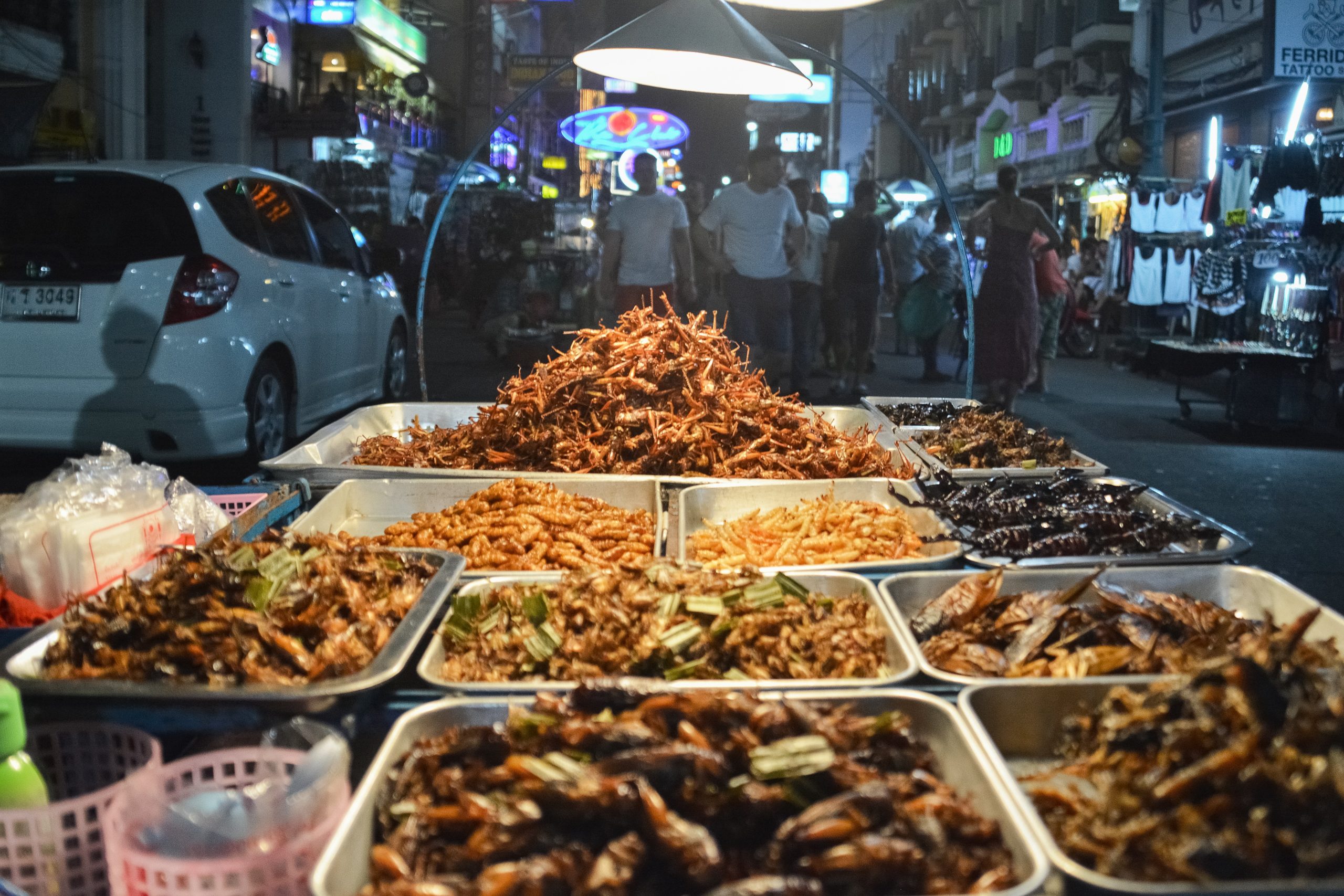2/7/2022
This week, food processing company Archer-Daniels-Midland partnered with InnovaFeed SAS, a biotechnology company that focuses on the development of insect farming for animal nutrition. This partnership is part of a growing interest to reduce the need for meat in pet food, and follows the tentative approval from the Association of American Feed Control Officials. At this stage, only black soldier larvae are approved for use in dog food, and the effect of each insect species on the consumer must be rigorously tested before production. However, there is good reason for the intensive research and development required to integrate insects into our food systems.
Recent climate models estimate that livestock agriculture accounts for 15% of global greenhouse gas emissions and 30% of the planet’s land use either through direct housing of livestock or farmland used to grow feed. Additionally, maintaining these populations of livestock requires approximately 1,847 gallons of water to produce 1 pound of beef. By comparison, raising insects results in fewer emissions, as well as less space and water consumption for an equivalent amount of protein. Insects could also be used to process food waste, as they thrive on waste from produce such as corn, wheat, and rye.
On paper, insect farming seems like a great alternative to our current meat options. However, it is not a perfect escape from the meat production industry. In its current state, the insect farming industry contributes directly to the raising of livestock. One trillion insects are farmed per year, with a majority of them becoming feed for domesticated chicken and fish. On top of that, a transition to consuming insects brings into question the ethical value of an insect’s life, and whether we should be consuming any animal at all.
Ultimately, insects in a human diet are not a new phenomenon. An estimated 2 billion people around the world already consume insects on a regular basis. This number will likely increase as insect-based food products become more widespread. We may need to ask ourselves: will you take the insect course for dinner?

